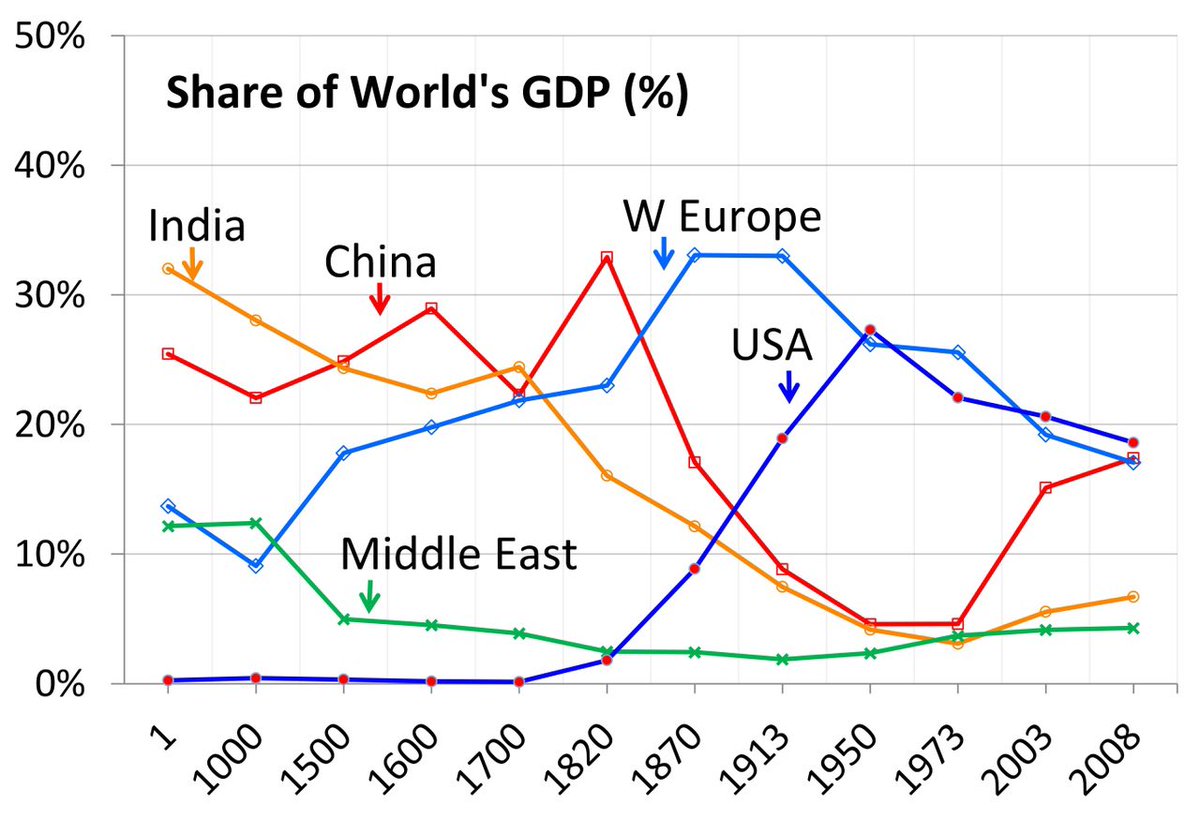
A thread on Neo-Confucian “quiet-sitting.” 🧵 #靜坐 #정좌
I’ll cover the most illuminating quotes from Zhu Xi’s correspondence on the matter of Confucian “jìngzuò” vs Sino-Buddhist meditation.
I’ll cover the most illuminating quotes from Zhu Xi’s correspondence on the matter of Confucian “jìngzuò” vs Sino-Buddhist meditation.

For China, meditation wasn’t a tradition in ancient times (500 BC). It was introduced by Buddhism (~400 AD). But those ritual structures were largely dismantled by the “Zen” Buddhist revolution (~900 AD), which were then effectively vanquished by the Neo-Confucians (1200 AD). /2
Zhu Xi noted the lack of this tradition in ancient times, yet masters were able to penetrate reality without it…
“You raised the question that Cheng Yi at times also taught people quiet-sitting. However, Confucius, Mencius, and earlier stages did not have such a teaching.” /3
“You raised the question that Cheng Yi at times also taught people quiet-sitting. However, Confucius, Mencius, and earlier stages did not have such a teaching.” /3
For Zhu Xi, as a teacher, formal ritual was mostly removed…
“Quiet-sitting is simply quiet-sitting, without any unnecessary bother or thought.”
“If one can not cut off thought, one might as well leave the matter alone. There will be no harm.” /4
“Quiet-sitting is simply quiet-sitting, without any unnecessary bother or thought.”
“If one can not cut off thought, one might as well leave the matter alone. There will be no harm.” /4
His differentiation was made clear here…
“Quiet-sitting is not like Buddhist meditation, cutting off all thought. It is merely to collect the mind. If one purposefully engages in quiet-sitting as a special task, that would be Buddhist meditation.” /5
“Quiet-sitting is not like Buddhist meditation, cutting off all thought. It is merely to collect the mind. If one purposefully engages in quiet-sitting as a special task, that would be Buddhist meditation.” /5
Zhu Xi was big on quiet time in association with reading, to synthesize and internalize knowledge…
“The defect of people today lies precisely in the fact that the task of quiet-sitting and the task of book reading are not unified. That is their mistake.” /6
“The defect of people today lies precisely in the fact that the task of quiet-sitting and the task of book reading are not unified. That is their mistake.” /6
Neo-Confucians constantly attacked Buddhist intention as escapism:
“Nowadays, people generally insist on quiet-sitting in order to avoid things. That will not do.”
“One must not close the door and sit quietly and hold onto oneself rigidly. When things occur, deal with them.” /7
“Nowadays, people generally insist on quiet-sitting in order to avoid things. That will not do.”
“One must not close the door and sit quietly and hold onto oneself rigidly. When things occur, deal with them.” /7
“One must be quiet before the principals of nature emerge. What is called quiet-sitting simply means not to have anything on one’s mind. Only then will the principals come out. When the principals have come out, one’s mind will be even clearer and more quiet.”—Zhu Xi /8
In summary: post-Buddhism things moved away from meditation as deliberate activity: no technique, no cutting off thoughts, no removing oneself from the world, nor striving to reach a supreme meditative state.
Just literal “sitting quietly,” casual, when there’s nothing to do. /9
Just literal “sitting quietly,” casual, when there’s nothing to do. /9
And this “meditation” wasn’t just different in practice, but also in intention: not trying to escape or deny reality’s nature, that “everything is an illusion,” but rather to understand nature’s principles (天理) and use them to shape society (the classic Confucian focus). 10/10
By the way, I see a lot of weird stuff from the Anglo-world on “the meditative tradition of Asia which has been a thing for thousands of years.” These people lump Asia together (China, India, etc), and read meditation/self into everything (e.g. Laozi). No, that’s just incorrect.
Seriously, I bet the minority of people in East Asia who do formally meditate learned it on YouTube!
Anglo-Buddhism-meditation-yoga, is totally a thing. It’s very popular, with “mindfulness” apps in tech, and it’s a huge market. That’s fine. But that’s not Sino/Korean, it’s you.
Anglo-Buddhism-meditation-yoga, is totally a thing. It’s very popular, with “mindfulness” apps in tech, and it’s a huge market. That’s fine. But that’s not Sino/Korean, it’s you.
• • •
Missing some Tweet in this thread? You can try to
force a refresh






